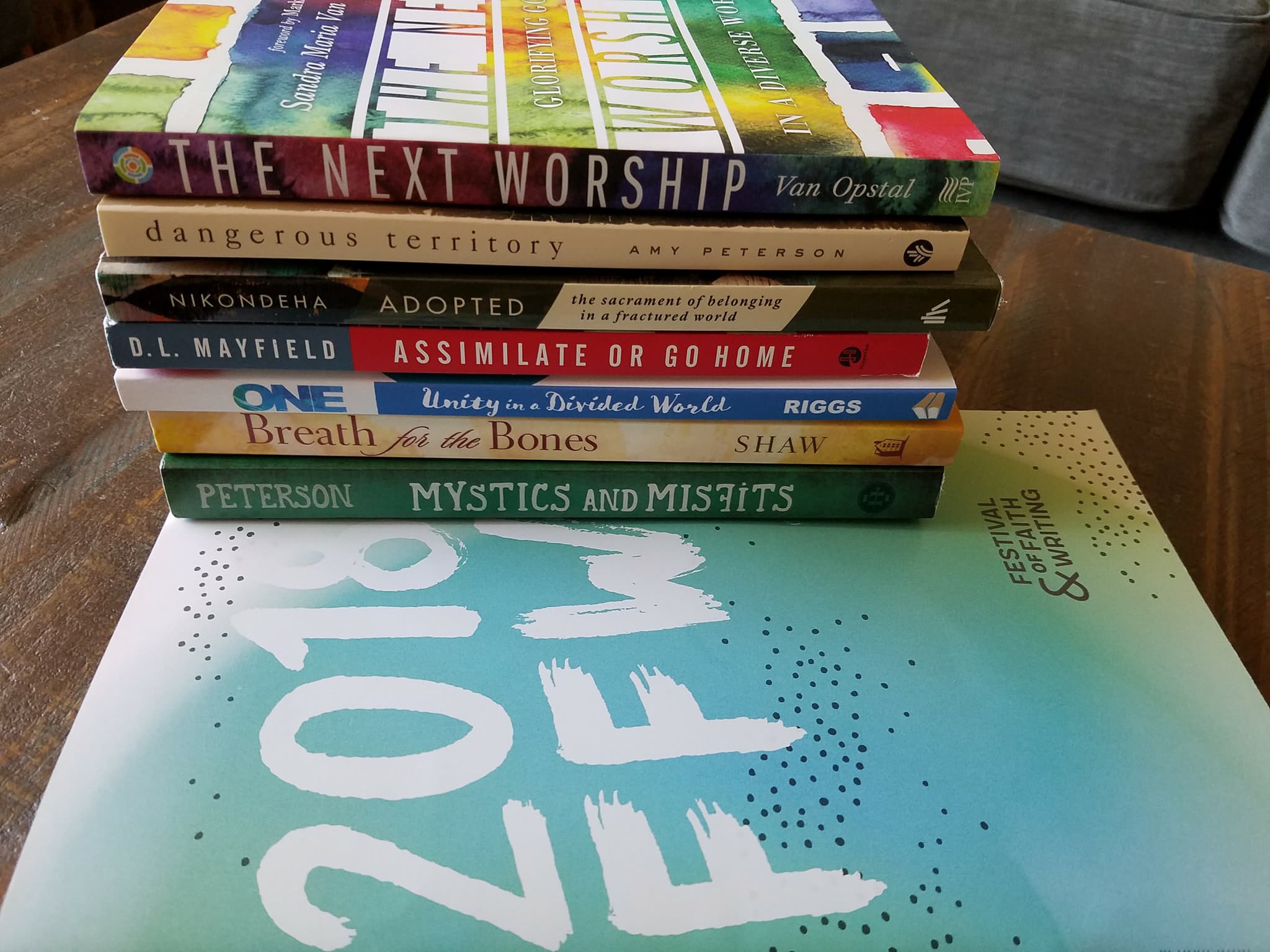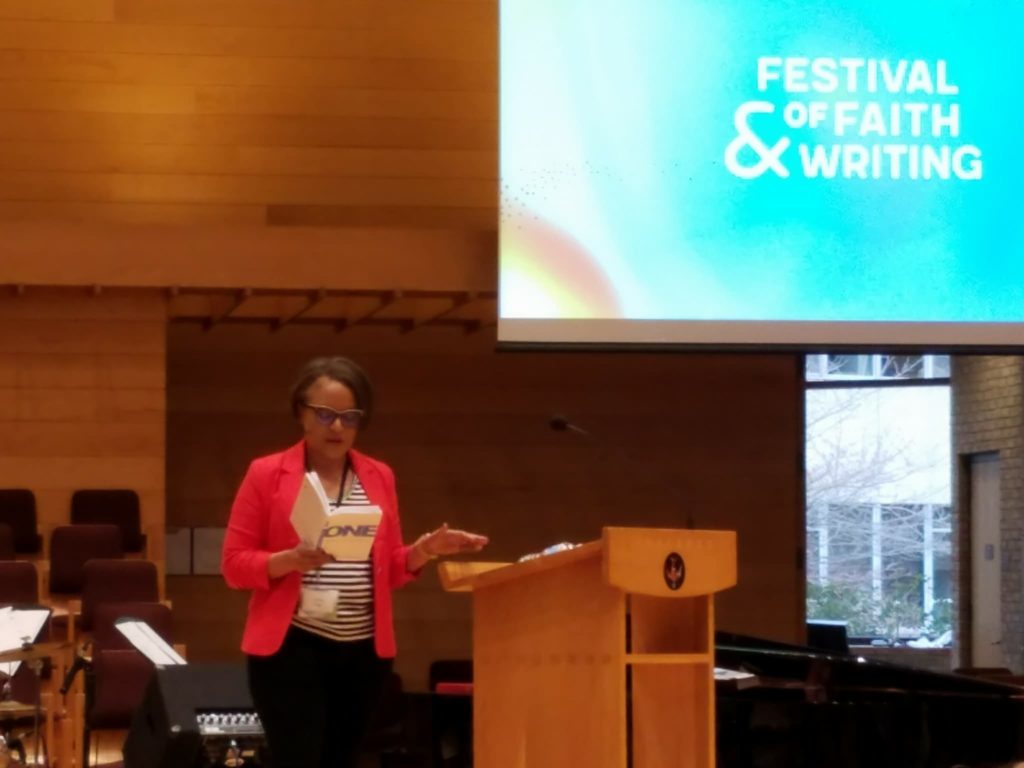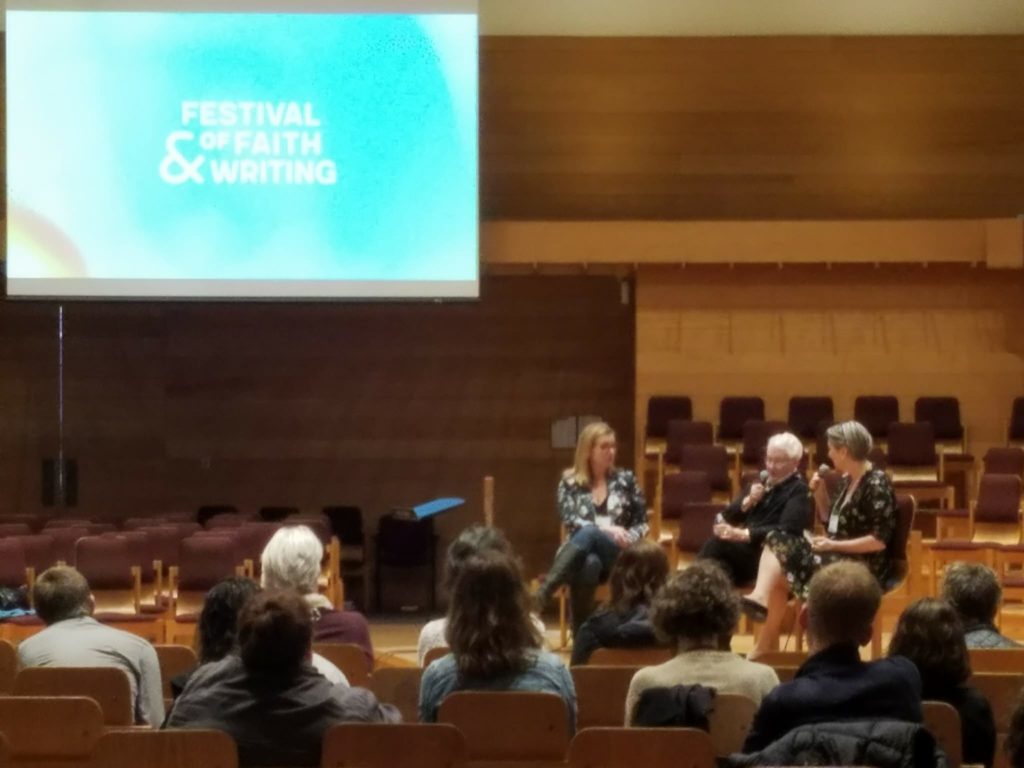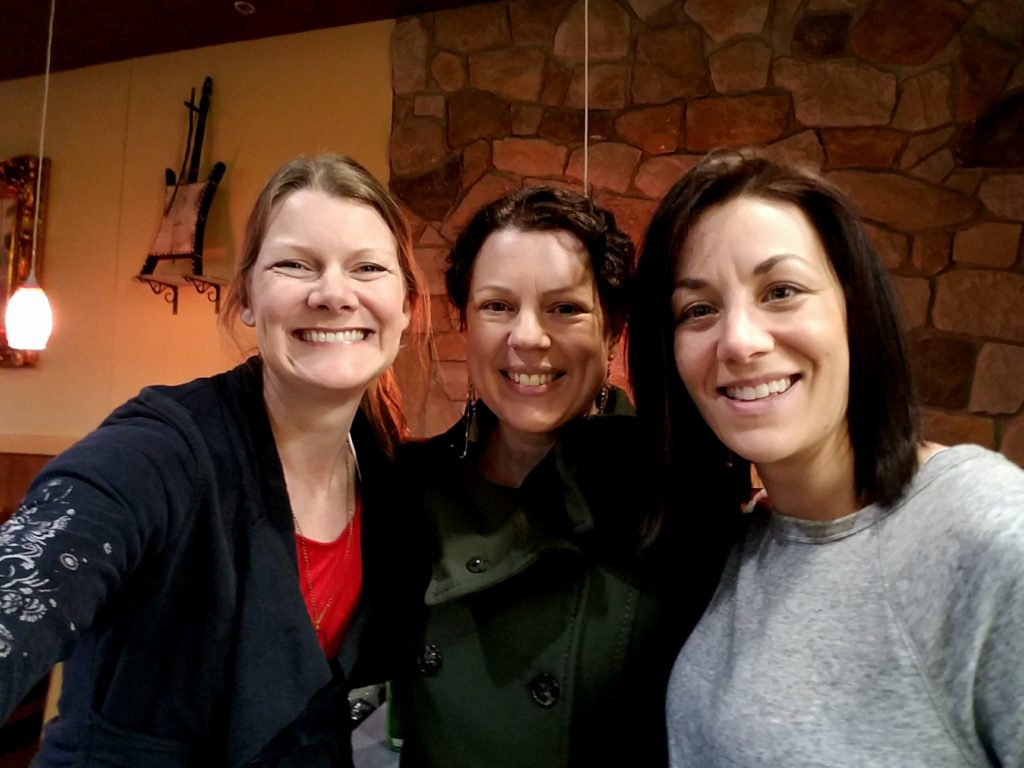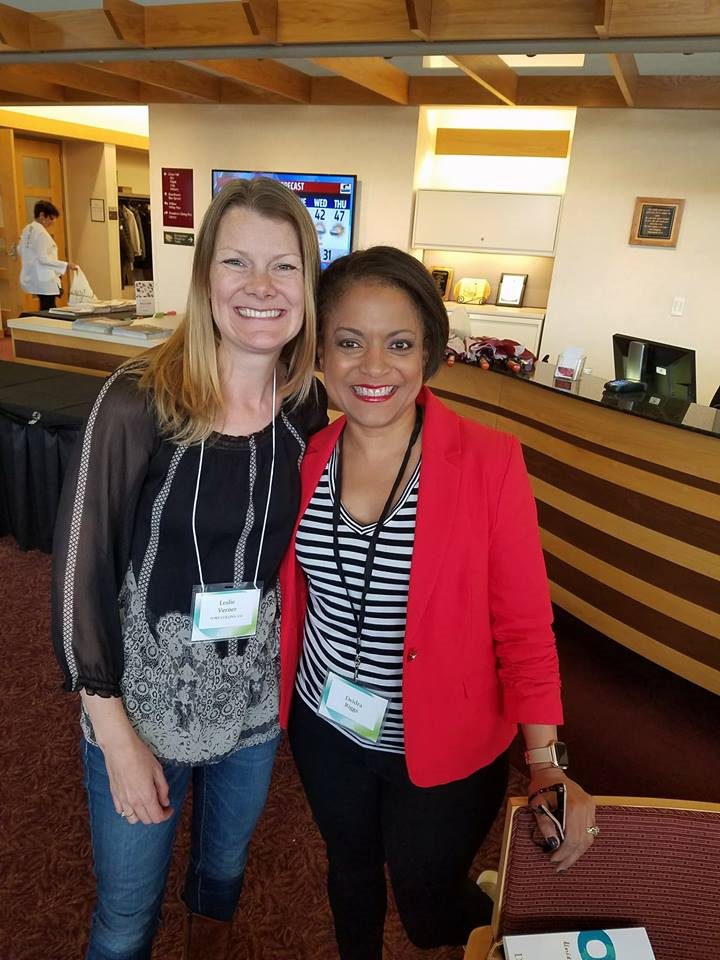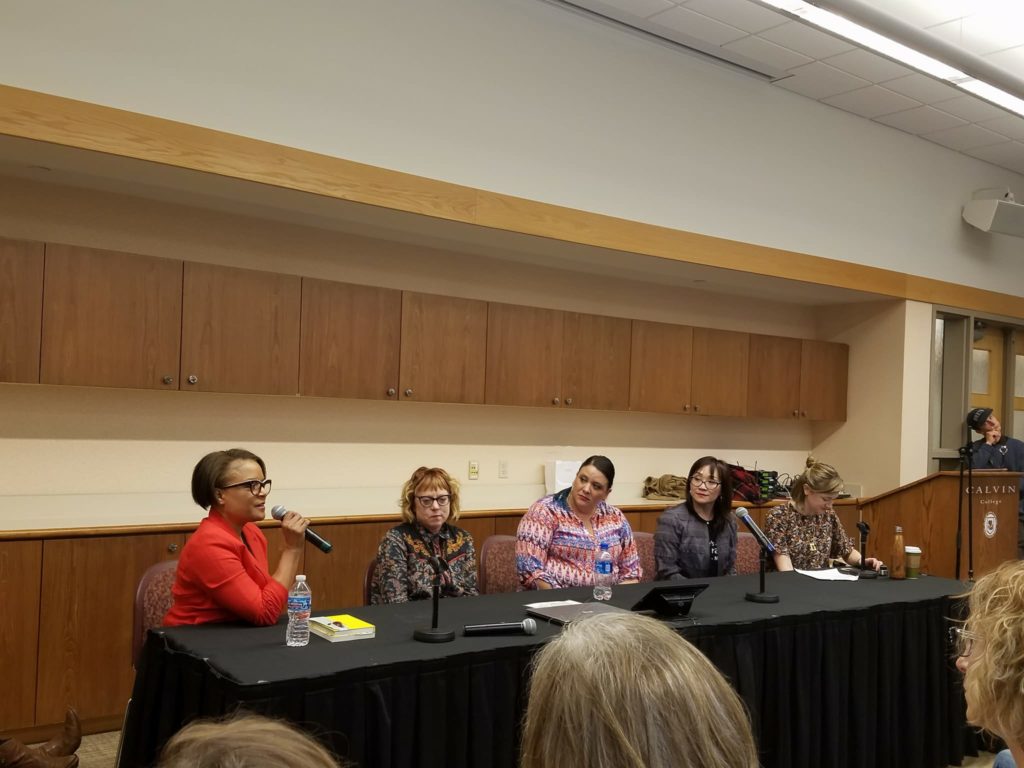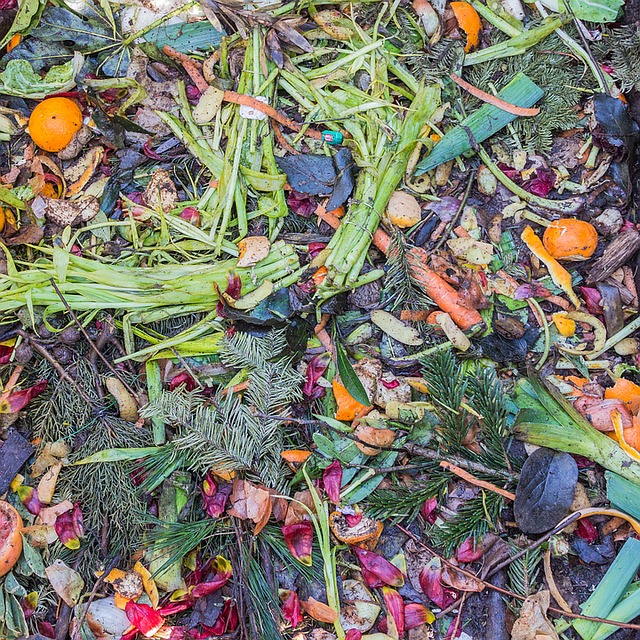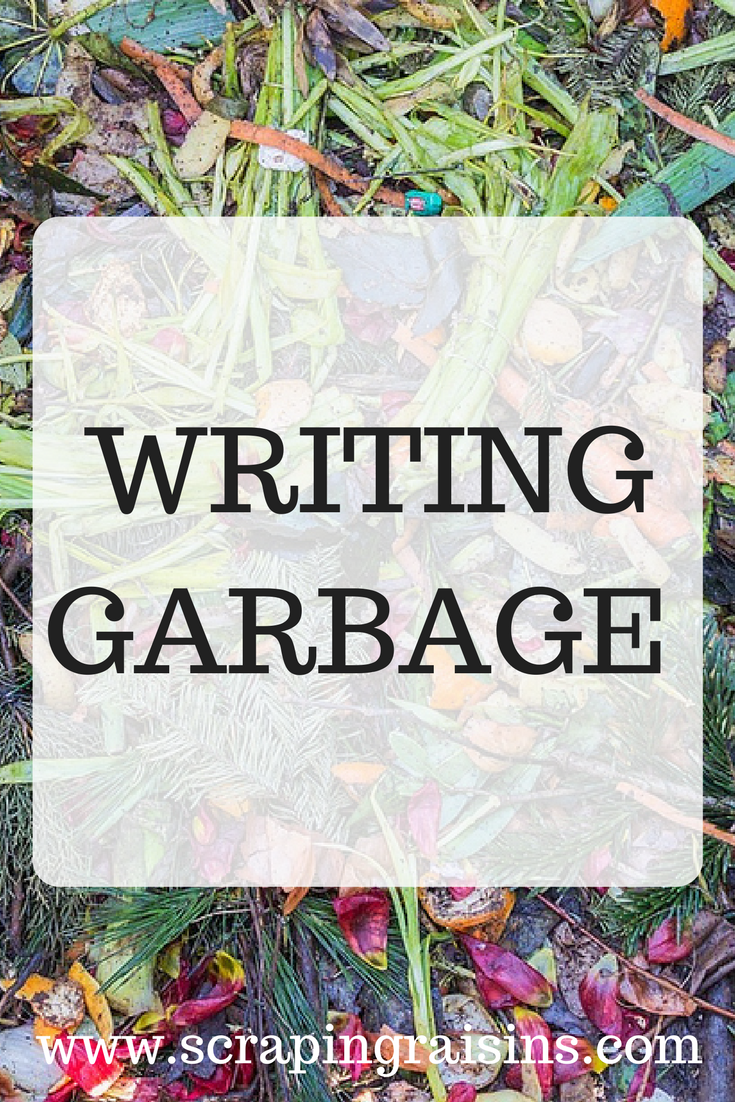
Anyone who’s read my blog for any length of time knows I love lists of resources. Perhaps it’s the teacher in me? For those of you who might be new to writing, I wanted to give you a leg up and let you know some places to submit your work.
I’ve written for many of these, but some are on my bucket list of places to submit one day in the future. Let me know if you have other information for me to add to this list and feel free to contact me via the query form on my blog or other social media to ask questions.
Here are some places for writers to submit their work:
Online Collaborative Blogs (you’ll be paid in readers & community)
SheLoves Magazine
I’m one of the editors, so I can speak most specifically to this site. SheLoves is about Jesus, justice and juicy living. The best submissions are personal narrative, not preachy. We love stories that share your heart, not just quotes and Bible verses. You can email your submissions to Kathleen Bertrand at shelovesmagazine@gmail.com. For more submission info, go here. They only accept previously unpublished pieces. Here are the themes for 2018–usually due the 15th of the previous month:
June: Transitions
July: Territories
August: Fire
September: Edge
October: Warrior
November: Gathering
December: Glory
The Mudroom Blog
The Mudroom is gritty, raw and real. The women here are world changers and justice-seekers. They love Jesus, but aren’t afraid to ask the hard questions. I’ve published here several times and have had a really great experience. Visit here for submission guidelines and monthly themes (which are usually amazing). They only accept previously unpublished pieces.
Altarwork
Altarwork is a collaborative blog featuring fiction, creative nonfiction, poetry, music and visual arts. I’ve published several pieces with them and they don’t mind republishing previously published work. To submit a piece for Altarwork, visit this page.
Scraping Raisins, by me;-)
This year I am using themes for each month, so take a look at the themes here and let me know if you’d be interested in submitting a guest post! I’m looking for personal stories from 500-1000 words.
(In)Courage
Okay, so I wouldn’t normally consider (In)Courage “edgy,” but they just announced 10 new writers that are edgy, so we might begin to see a bit more of that! 😉 Submissions to (In)Courage are quarterly, so you have to watch for the two-week window. You can usually submit the first two weeks of December, March, June and September. Visit this page for more submission info.
Literary Mama
Not for faith writers, per se, but I’ve always wanted to write for them. They put out info about places for writers to submit their work on the first Wednesday of every month.
RELEVANT (online)
RELEVANT will publish previously published work, so if you have a blog post that’s done well, you might want to think about sending it along to RELEVANT. Be sure you keep an eye out, though, because they most likely won’t inform you whether or not they decided to run it. This year, I had a surprise birthday present when they ran my piece without my knowledge. Visit here for more submission info.
Red Tent Living
I’ve been meaning to submit here for a long time because I love their vision and the authenticity of their writers. Visit here for more submission info. Submissions are theme-based and due the first of the month. Here are the current themes.
Sojourners
This is also a site where I’ve wanted to contribute because I respect and admire their work. For submission guidelines, visit here. This link also includes info about submitting to their print magazine.
For Missionaries and Expats:
A Life Overseas
This was the first place I ever had a piece published, so I have a fondness for this site (it was also the place I had the most engagement and visits to my personal blog as a result of publishing). This is a fabulous online community of thoughtful missionaries and expats. To submit a post, email Elizabeth at emarietrotter@gmail.com and write “Guest Post” in the subject line.
Velvet Ashes
I wish Velvet Ashes had existed when I lived overseas. This is a vibrant, active, and encouraging community of women who are mostly all living away from their passport cultures. VA offers online small groups, an online retreat (the next one is the 19-22!), and a weekly link-up on Thursdays for bloggers, called “The Grove”. For current themes and submission guidelines, visit here.
Writing about Motherhood:
For Every Mom
This site will also publish pieces that have been published before, so I’ll often send the editor, Jenny Rapson, any pieces that have done well on my blog. They will also take pitches for paid pieces, though I haven’t done that yet, so I don’t have any tips. For submission info, visit here.
Coffee + Crumbs
This is a lovely blog featuring quality essays that is still on my bucket list to submit to. Check here to see if they are open for submissions (they rarely are).
If You Prefer to Get Paid, Try These:
iBelieve
This is a Christian site that features articles about faith, relationships, calling, health, beauty, devotionals, motherhood and career. They do pay for articles, though it’s not a lot. You can submit queries here.
Think Christian
From the website: “Think Christian serves the devout faithful who are also fans of popular culture. In music and movies, television and video games, we seek to find—in the words of the Apostle Paul—“whatever is true, whatever is noble, whatever is right, whatever is pure, whatever is lovely, whatever is admirable.” Our task as a digital magazine is to consider how popular culture and its cultivators interact with God’s story, and we do this with grace, appreciation, and discernment.” Email editor Josh Larsen with pitches and queries: jlarsen@reframemedia.com
Christianity Today
From their site: “Articles for CT should be factually sound, well researched, and pertain to modern Christianity. We are interested in profiles, interviews, feature stories, book reviews, and opinion pieces that are expertly written and well supported, provide a fresh perspective, and connect the eternal message of the gospel with current trends, culture, events, and news. First-person articles should apply your personal experience to a broader concept of faith and biblical truth.” Visit here for guidelines on submitting to CT.
Washington Post, Acts of Faith
From their site: “The Washington Post’s Acts of Faith offers breaking and ongoing news, analysis and opinion about major religion stories. We tackle anything where faith, spirituality, ethics and values live, from politics and culture to science and education. Please note that we are considering a limited number of submissions right now. Acts of Faith is edited by Sarah Pulliam Bailey (spulliam@gmail.com).” Visit here for more submission info.
Print Magazines (some pay, some don’t)
Faithfully Magazine
Editor-in-chief & founder: Nicola A. Menzie
Faithfully Magazine is a news and lifestyle publication that covers issues, conversations and events impacting Christian communities of color. It’s also the first print magazine I was ever published in! For detailed submission info, visit here. They do not currently pay.
Image Journal
Editor & founder: Gregory Wolfe
Image Journal is a beautiful magazine featuring fiction, nonfiction and poetry. For submission info to either their print magazine, Image Journal, or their daily blog, Good Letters, visit here. They also have a yearly week-long writer’s workshop called The Glen that I’ve had my eye on for a while.
Plough Magazine
Managing editor: Shana Burleson
This is a quarterly magazine featuring poetry, book reviews, fiction, creative nonfiction, and visual arts related to faith, culture, justice and community. (I really need to write for them…) For submission info, visit here. The site says they will pay an “honorarium” (I’m not sure what that means) for their print articles, but are unable to pay for online articles.
Ready Publication
Editor-in-chief & founder: Gail Dudley
Ready is a quarterly print and digital publication designed with the beautiful diversity of women around the world in mind. To submit an article, visit here.
Relief Journal
Editor-in-chief: Daniel Bowman
This is an annual print journal that accepts poetry, fiction, graphic narrative, and creative nonfiction. Their reading period is October 1 – March 31. For more submission info, visit here.
Ruminate
Editor-and founder: Brianna Van Dyke
This is a gorgeous magazine that publishes fiction, creative nonfiction, poetry and visual art. To find more info about submitting to the print magazine, visit here. They also have a blog, so visit here for info about submitting there. They pay a little for pieces for the print magazine, but I’m not sure about the blog. Ruminate also runs contests throughout the year. (Side note–they are located in my city in a renovated barn!)
St. Katherine Review
Managing editor: Angela Doll Carlson
The guiding principle at Saint Katherine Review is “Inquiry seeking Wisdom.”This print magazine accepts poetry, creative nonfiction, reviews and fiction. Contributors receive three copies of the issue in which their work appears, plus a one-year subscription. For more submission info, visit here.
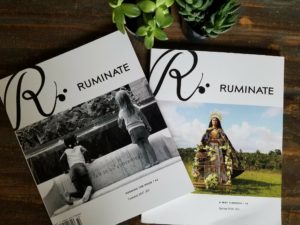 Have you signed up for my newsletter? New subscribers will be entered to win a free copy of this gorgeous magazine, Ruminate. If you’re already a subscriber, head over to my Instagram post and tag up to four friends to be entered to win there! Giveaway will be open until this Friday at midnight (MT). Sorry, only U.S. residents and no bots, please!
Have you signed up for my newsletter? New subscribers will be entered to win a free copy of this gorgeous magazine, Ruminate. If you’re already a subscriber, head over to my Instagram post and tag up to four friends to be entered to win there! Giveaway will be open until this Friday at midnight (MT). Sorry, only U.S. residents and no bots, please!
Sign up for the Mid-month Digest and Secret Newsletter Here:
***
 Our theme for April is “Books and Writing,” and I hope to share my favorite books, podcasts and resources for new writers. Click here if you’re new to the series and want to catch up on old posts. Be sure to follow me on social media and sign up for my newsletter below so you can be alerted of new posts. Please get in touch at scrapingraisins (dot) gmail (dot) com if you are interested in guest posting on this topic!
Our theme for April is “Books and Writing,” and I hope to share my favorite books, podcasts and resources for new writers. Click here if you’re new to the series and want to catch up on old posts. Be sure to follow me on social media and sign up for my newsletter below so you can be alerted of new posts. Please get in touch at scrapingraisins (dot) gmail (dot) com if you are interested in guest posting on this topic!
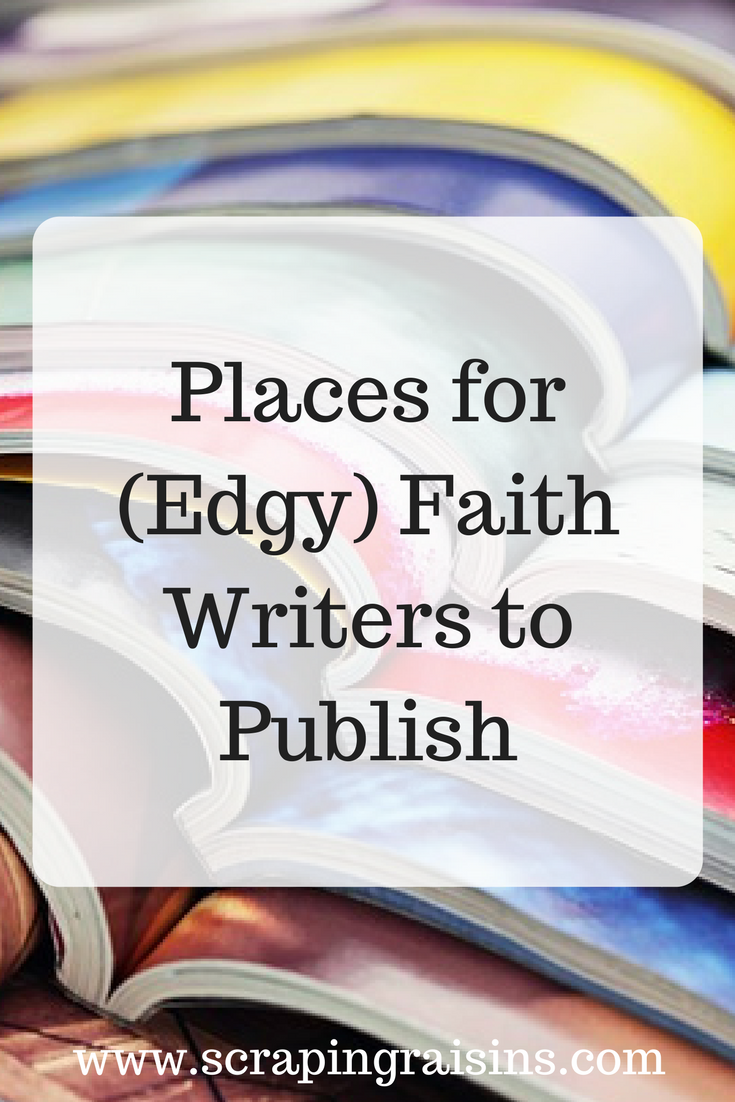

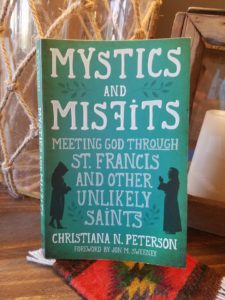 If you want to win a copy of Mystics and Misfits, sign up for my newsletter by Monday, August 30th at midnight (MT)! Already a subscriber? Tag up to four friends on my Instagram post about this book and I’ll enter you once per time! (CONTEST CLOSED!)
If you want to win a copy of Mystics and Misfits, sign up for my newsletter by Monday, August 30th at midnight (MT)! Already a subscriber? Tag up to four friends on my Instagram post about this book and I’ll enter you once per time! (CONTEST CLOSED!) Our theme for April is “Books and Writing,” and I hope to share my favorite books, podcasts and resources for new writers. Click here if you’re new to the series and want to catch up on old posts. Be sure to follow me on social media and sign up for my newsletter below so you can be alerted of new posts. Please get in touch at scrapingraisins (dot) gmail (dot) com if you are interested in guest posting on this topic!
Our theme for April is “Books and Writing,” and I hope to share my favorite books, podcasts and resources for new writers. Click here if you’re new to the series and want to catch up on old posts. Be sure to follow me on social media and sign up for my newsletter below so you can be alerted of new posts. Please get in touch at scrapingraisins (dot) gmail (dot) com if you are interested in guest posting on this topic!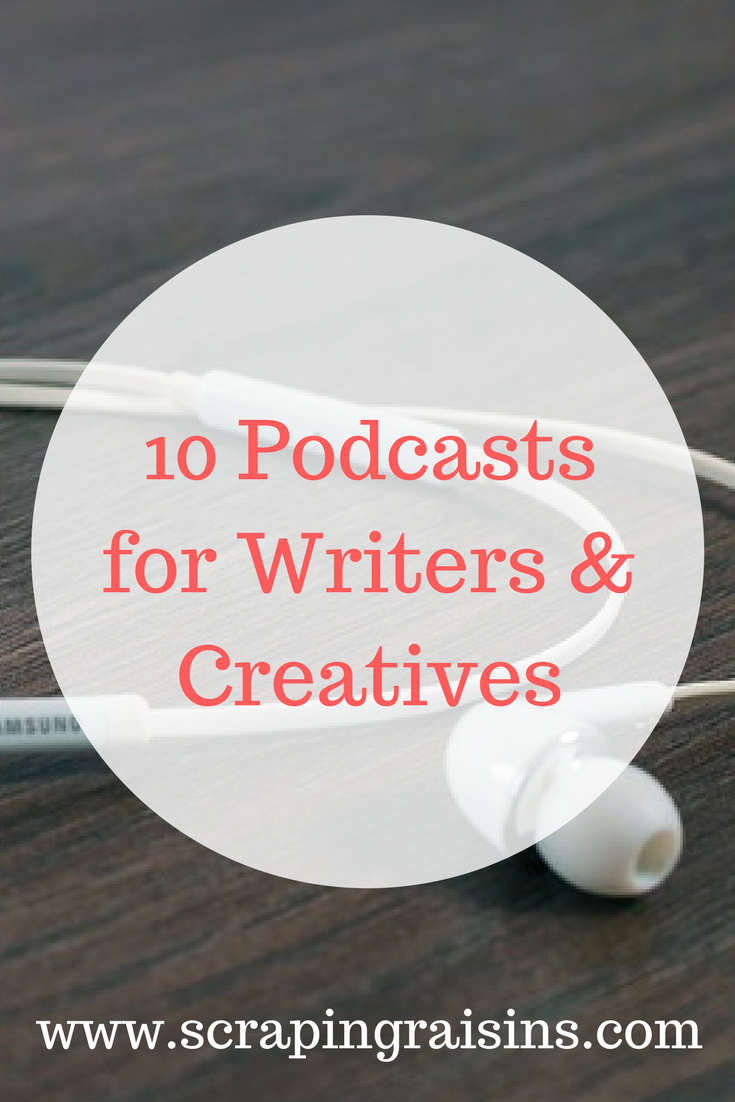

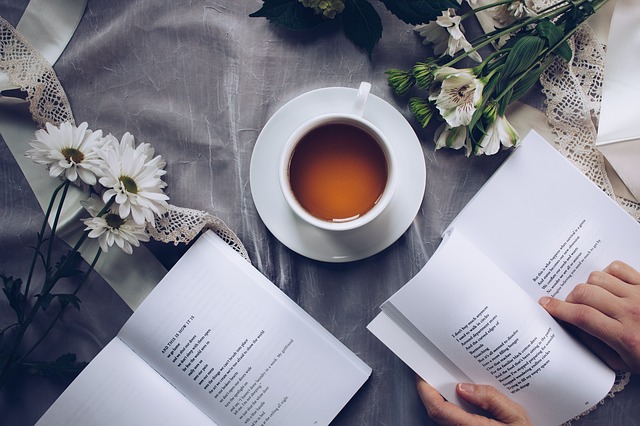
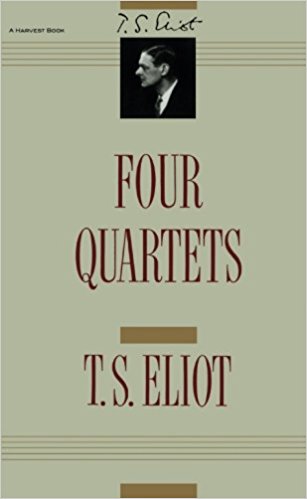
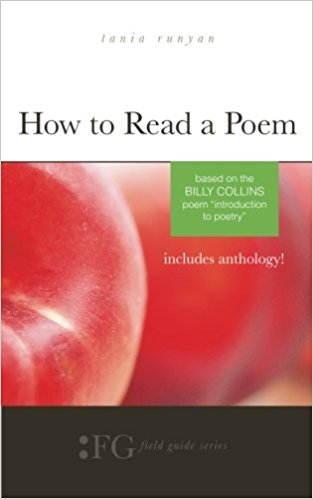
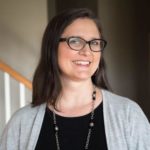 Charlotte lives in Birmingham, Alabama with her husband and their two children. She recently earned an MFA in creative writing from Seattle Pacific University, and she does freelance writing and copywriting. You can find her online at
Charlotte lives in Birmingham, Alabama with her husband and their two children. She recently earned an MFA in creative writing from Seattle Pacific University, and she does freelance writing and copywriting. You can find her online at 
 Have you signed up for my newsletter? New subscribers will be entered to win a free copy of this gorgeous magazine, Ruminate. If you’re already a subscriber, head over to
Have you signed up for my newsletter? New subscribers will be entered to win a free copy of this gorgeous magazine, Ruminate. If you’re already a subscriber, head over to 
